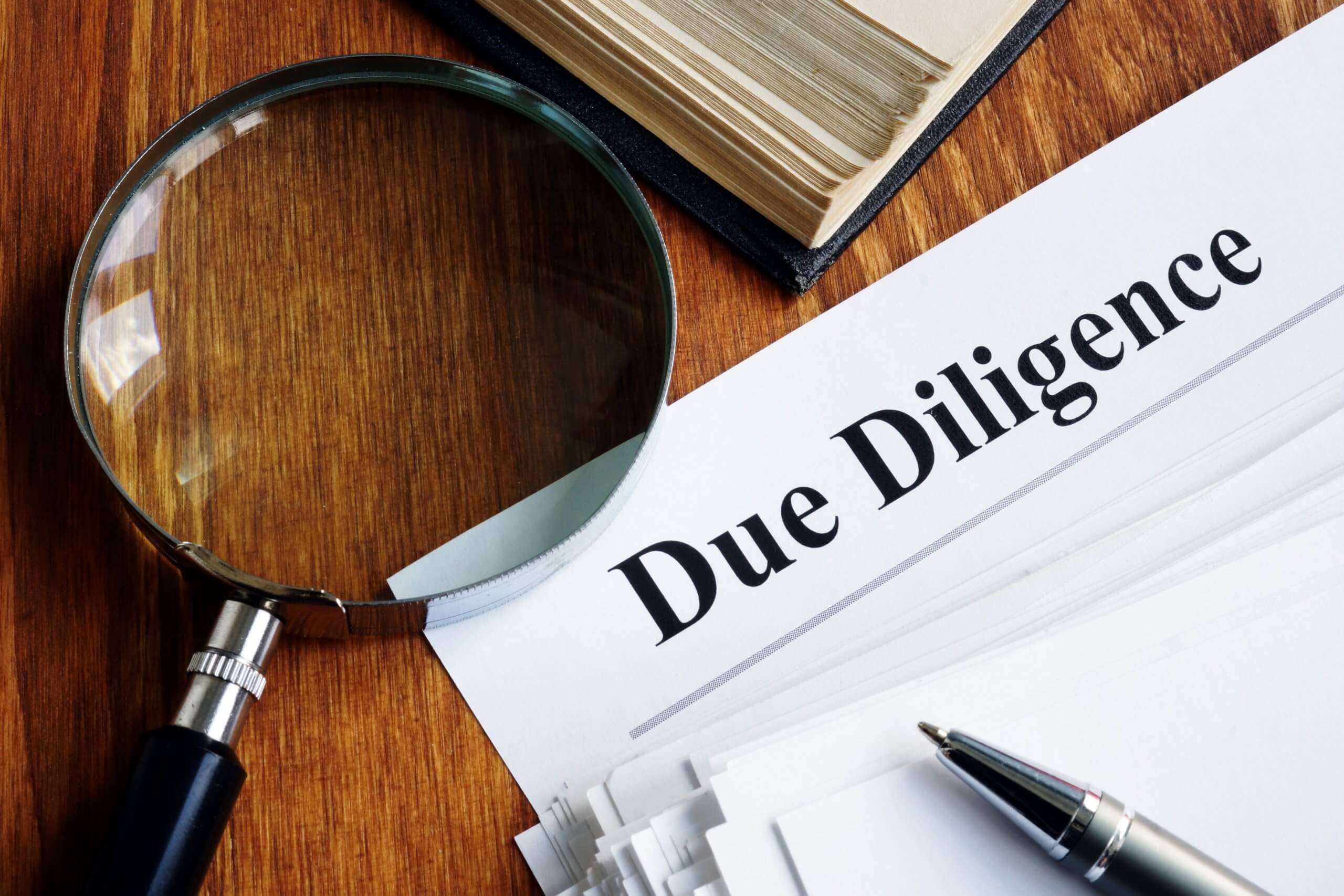Introduction
Due diligence or “Due-D”, is common parlance used and understood to mean that an investigation of the target company’s affairs (“Target”) would be carried out by the potential purchaser (“Buyer” or “Buyers”). The Due-D exercise is to help the Buyer assess the feasibility of buying the Target.
Due-D can be an intensive and arduous exercise as it involves trawling through volumes of documents, scrutinising financial statements and their corresponding supporting documents and reviewing publicly available documents to assess risks. It can be an expensive initial cost to the Buyer as it usually involves financial and legal advisors evaluating the Target.
Many companies for various reasons choose not to carry out a due diligence or merely do so on a superficial basis on the Target. Without due diligence, the Buyers run the risk of buying a lemon or worse, suffer financial loss after taking over the Target, if they have not carried out their proper checks.
Those who do so, tend to be guided by the size of the deal. However, deal size and costs should not be the reasons why due diligence is not carried out.
You can customise the due-diligence exercise so that it fits its purpose. As a Buyer, you may be looking for specific items in the Target which may be of concern, and you may not require a full exercise to be carried out.
This article explains why doing a due diligence exercise, no matter what the deal size, is an important step in buying the Target.
#1 Do Due Diligence when Assets or Shares of Considerable Value
For clarity, there is no legal requirement to carry out a due diligence exercise before buying or selling an asset or shares in a company. It is common practice to do so particularly when the asset or shares are of considerable value.
Even if the assets are not of high value, due diligence will help you identify risks and look out for contingent liabilities in the Target.
#2 Identify the Risks Early as it Outweighs the Costs
The benefits of identifying the risks early typically outweigh the costs incurred during the exercise.
It is quite tempting for cost-conscious SMEs to skip on the due diligence exercise because of the fear of heavy costs or simply not knowing how to go about it.
The sources of information for a small sized firm or an individual would tend to be mostly from the agent, Seller, or certain key personnel in the Target.
The SME transactions are usually based on trust or one that was conceived over a social setting. Sometimes Buyers assume certain facts, but these facts may turn out to be untrue or misleading after they have taken over.
Some SMEs choose to remove the need for even a properly prepared legal agreement and compromise on their rights being protected if there subsequent breaches. Unnecessary risks that can be avoided.
Some SMEs choose not to carry out any due diligence exercise on the assumption that they claim they are able to identify the risks on their own without advisors.
SME lawyers look at risk very differently from business heads. The legal advisors’ focus is to interpret what the clauses mean or to find the necessary impairment or basis of computation. The business head is forward-thinking concerned mostly with performance or sales numbers. More importantly, advisors are able to spot the risks early so that steps can be taken to halt the sale or renegotiate the purchase price.
#3 Understand Broader Responsibility for Existing and Contingent Liabilities
Potential Buyers of shares do not only expose themselves to the ownership, wholly or partially, of the profits or assets of the Target, but also to the broader responsibility for the existing and contingent liabilities of the Target.
Contingent liabilities are liabilities which are either known or unknown to the Buyer and these liabilities arise due to an unforeseen or uncertain future event. For example, a potential lawsuit against the Target which may not have been commenced yet by a customer, an employee or supplier.
Contingent liabilities could also be in the form of a potential defects liability where the Target is aware of but may not have disclosed it to the Buyer. Take the example of the recall of products from the market which may affect the value of the Target or a health or environmental non-compliance of the rules which could potentially shut down the operations of the Target.
#4 Better Visibility on the Viability of the Acquisition
The legal due diligence (together with the financial one) will enable the Buyer to obtain better visibility on the viability of the acquisition being considered.
It is recommendable for a thorough investigation to be carried out on the potential Target before any agreements are reached and any money is exchanged. After the thorough investigation, to have in place an effective and legally-vetted sale and purchase agreement with all the necessary warranties and representations to protect the Buyer from liabilities, including contingent liabilities.
The maximum loss if a deal does not go through, after a due diligence exercise, is usually time costs and advisors’ fees and it tends to be a fraction of the purchase price. The maximum loss of going through a deal and then realising that the Target is filled with legal liabilities and thereafter spending on legal fees on litigation against the Seller can be costly. While the Buyer embarks on recovery, there is no guarantee if the Buyer can recover all his monies from the Seller.
#5 Involve Professionals
In view of the voluminous documents usually involved in any due diligence exercise, the work requires different professionals to assist in the exercise.
In an example where a Target has online and physical stores in the same host country and overseas stores with trademarks in two countries and distribution channels in several jurisdictions. The buyer would need professionals to advise on finance, tax, intellectual property rights, foreign laws, review of material agreements including employment agreements if from a foreign jurisdiction. It gets more complicated if there are associates and subsidiaries in foreign jurisdictions connected with the Target. The expertise needed could also be applied to smaller set-ups and SMEs in Singapore.
In short, professional advisors help the Buyer streamline what is important and what is necessary for the Buyer to make an informed decision on whether to proceed with the deal.
Conclusion
Due diligence need not only be carried out for big deal sizes. It can be carried out even for smaller matters.
You need not instruct your advisors to carry out full detailed due diligence. To manage expectations, it is sensible to draw up a scope of work for the due diligence exercise so that Buyers can focus on what is needed within the timelines and expected legal costs. A customised due diligence report may be all that the Buyer is looking for to decide the next steps on the Target.
The purpose of due diligence is to identify risks in the Target, be it contingent liabilities, onerous contracts, financial overstatements or anomalies or plain failure in the business model. Whatever the risks, advisors are involved to identify the risks early and to streamline what is important.
Ultimately, the role of due diligence is to save the Buyer from overpaying for overvalued assets or shares in the Target or protecting the Buyer from buying a lemon even if you have legal agreements slated in favour of the Buyer.
To undo a sale is definitely more expensive as it involves countless manhours in the litigation process, as compared to having stopped a sale when the due diligence report reveals a problematic or toxic Target.




